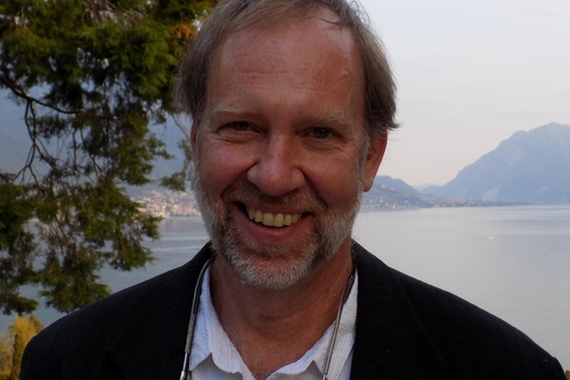New Center for Canon Expansion & Change (CCEC) Champions Inclusive Philosophy
UMN Department of Philosophy faculty Dwight K. Lewis, Jr., Jessica Gordon-Roth, and Bennett McNulty co-founded the Center for Canon Expansion and Change (CCEC) in 2021. CCEC aims to effect meaningful change in the way philosophy is done, understood, organized, and—especially—taught. In particular, CCEC focuses on supporting instructors who want to teach neglected figures or a new canon of early modern philosophy but otherwise lack the resources to do so. CCEC aims to teach instructors how to create a safe and vibrant learning environment that speaks to a multitude of perspectives and allows students to learn about philosophers with voices like their own.
The idea behind this is that we tend to teach as we have been taught, and this is the way (at least in part) the canon is maintained or upheld. But this also means that this is where we can best effect change: if instructors are taught to think of the canon in a more broad and inclusive way, their students will too. Moreover, it’s only through changing the canon and understanding the way in which our respective positionalities affect learning in the classroom that we can be better poised to change the face of philosophy—which is of the utmost importance since the field remains alarmingly homogenous.
With the generous support of Setterberg Funds and an Interdisciplinary Collaborative Workshop Award (ICW), CCEC hosted its first annual Summer Program this past August. The Summer Program drew twenty-one participants representing a diverse range of career stages and institutional affiliations, with some traveling from as far as Argentina, the Netherlands, and Japan. Participants spent a week building their own diverse and inclusive History of Modern Philosophy syllabus based on the lectures early modern experts provided and the pedagogical lessons learned from sessions on standpoint, disability, and the like. Participants (and organizers alike!) left the experience not just with a list of new texts to include in their Modern course but with a new perspective on what the goals of any undergraduate philosophy course should be and a deeper understanding of best practices to achieve those outcomes—with a new-found community to turn to for support as they do so.


